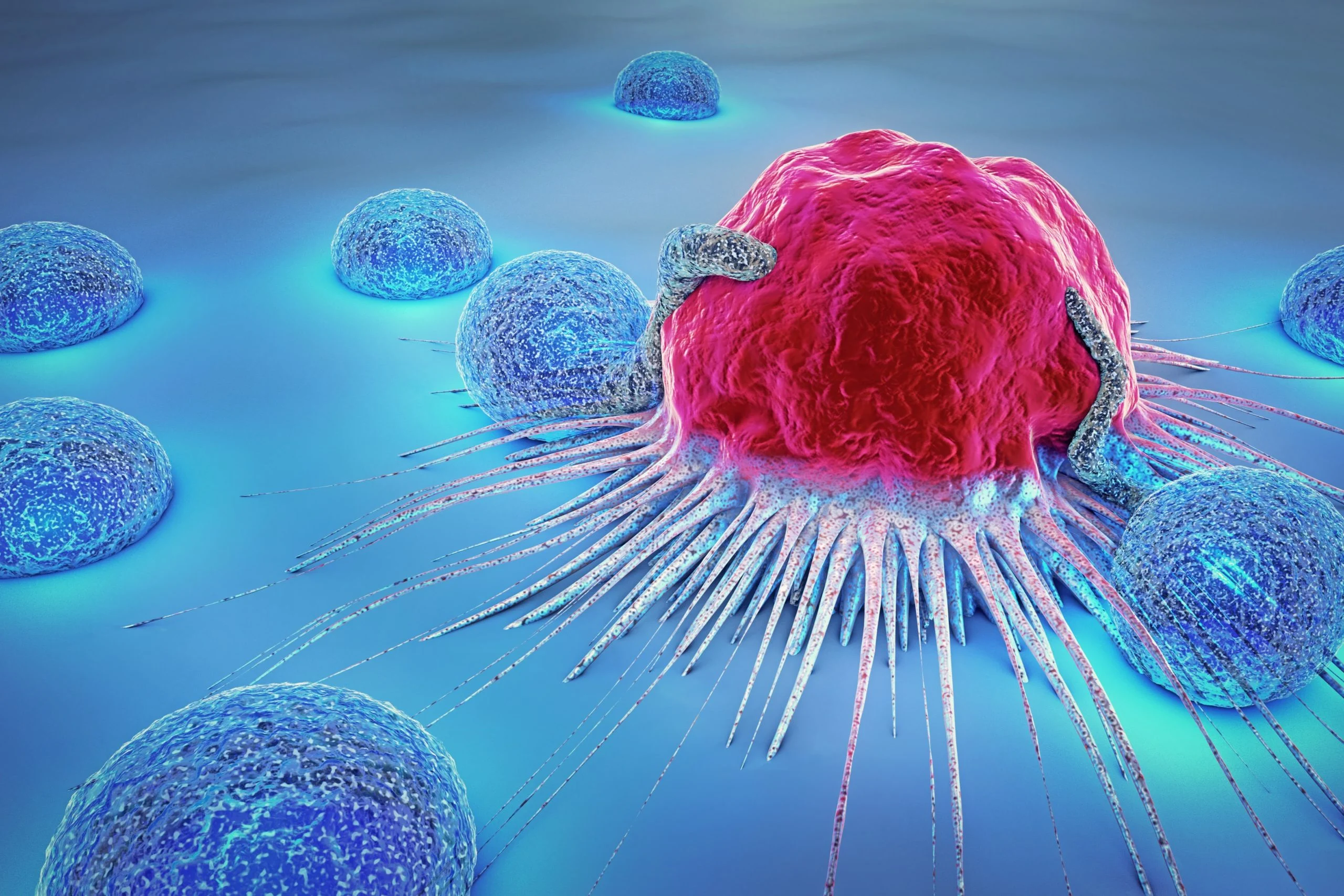Cancer: Causes, Risk Factors, and How to Prevent It
Cancer: Causes, Risk Factors, and How to Prevent It
Cancer is a word that strikes fear into many, yet it is also a disease that we have learned a great deal about over the years. It is not just one disease but a group of diseases characterized by uncontrolled cell growth that can spread to different parts of the body. With millions of cases reported worldwide each year, understanding what causes cancer and how to prevent it is crucial for leading a healthier life.
What Causes Cancer?
Cancer develops when the body's cells grow uncontrollably due to genetic mutations. These mutations can be inherited or caused by environmental and lifestyle factors. While many people assume that cancer is purely genetic, research shows that external factors contribute to over 90% of all cancers Some of these factors include:
1. Carcinogens (Cancer-Causing Agents)
Carcinogens are substances that trigger cancer by damaging DNA or causing chronic inflammation. Some of the most common ones include:
Tobacco Smoke – Cigarette smoking contains over 70 known carcinogens, including benzene and formaldehyde, which can cause lung, throat, and bladder cancer.
Alcohol – Heavy alcohol consumption is linked to liver, breast, and esophageal cancer. Alcohol breaks down into acetaldehyde, a toxic chemical that can damage DNA.
Ultraviolet (UV) Radiation– Overexposure to the sun or tanning beds increases the risk of skin cancer, including deadly melanoma.
Industrial Chemicals– Exposure to asbestos, benzene, and other toxic chemicals in workplaces can increase cancer risks.
2. Infections and Bacteria That Cause Cancer
Certain infections, including viruses and bacteria, can increase the risk of developing cancer. These include:
Human Papillomavirus (HPV) – A sexually transmitted virus responsible for cervical, throat, and anal cancer.
Hepatitis B and C– These viral infections can cause liver inflammation, leading to liver cancer over time.
Helicobacter pylori (H. pylori) Bacteria– This bacterium is known to cause stomach ulcers, and long-term infections can lead to stomach cancer.
Epstein-Barr Virus (EBV)– Linked to certain types of lymphomas and stomach cancer.
3. Unhealthy Diet and Lifestyle Choices
Poor dietary habits can contribute significantly to cancer risks. Processed foods, high red meat consumption, and excessive sugar intake can lead to obesity and inflammation, which are linked to multiple cancers, including colon and breast cancer.
Lack of physical activity also increases cancer risk, as exercise helps maintain a healthy immune system and regulates hormones like insulin, which, when imbalanced, can fuel cancer growth.
4. Genetic Factors
While lifestyle choices play a significant role, some people inherit faulty genes that make them more prone to cancer. BRCA1 and BRCA2 gene mutations, for example, significantly increase the risk of breast and ovarian cancer. However, even with a genetic predisposition, lifestyle modifications can still reduce the overall risk
How to Prevent Cancer: Practical Steps for a Healthier Life
While we cannot control genetics, we can make conscious efforts to reduce our exposure to cancer-causing factors. Here are some science-backed ways to prevent cancer:
1. Quit Smoking and Limit Alcohol Intake
Avoiding tobacco and reducing alcohol consumption can dramatically lower cancer risks. If quitting smoking feels overwhelming, seeking support through counseling or nicotine replacement therapies can help.
2. Maintain a Healthy Diet
A nutrient-rich diet can lower inflammation and strengthen the immune system. Consider incorporating:
Fruits and Vegetables– Rich in antioxidants that fight cell damage.
Whole Grains– Help with digestion and reduce colon cancer risks.
Lean Proteins (Fish, Poultry, and Plant-Based Proteins. Provide essential nutrients without excessive saturated fat.
Limit Processed and Red Meats– Studies show a link between red meat consumption and colon cancer.
3. Exercise Regularly
Engaging in at least 30 minutes of moderate exercise (such as walking, cycling, or swimming) five times a week lowers the risk of several cancers, including breast and colon cancer.
4. Protect Yourself from Infections
- Get vaccinated against HPV and Hepatitis B.
- Practice safe sex to reduce the risk of sexually transmitted infections linked to cancer.
- Maintain good hygiene to reduce the risk of **H. pylori** infections.
5. Reduce Exposure to Harmful Chemicals
Use sunscreen with SPF 30 or higher to protect against UV radiation.
Wear protective gear if working in industrial environments with potential carcinogen exposure.
Filter drinking water to remove harmful substances like arsenic, which can cause cancer.
6. Regular Health Screenings
Early detection increases the chances of successful treatment. Recommended screenings include:
Mammograms for breast cancer (especially for women over 40 or those with a family history).
Pap smears for cervical cancer in women.
Colonoscopies for colorectal cancer after age 45.
PSA tests for prostate cancer in men over 50.
Prevention is Power
Cancer is a complex disease, but many cases can be prevented by making healthier lifestyle choices. Simple habits like quitting smoking, eating well, staying active, and getting regular checkups can significantly reduce your risk. While genetics may play a role, our daily choices have the power to shape our health.
Take charge of your well-being today because prevention is always better than cure.

.jpeg)


Comments
Post a Comment